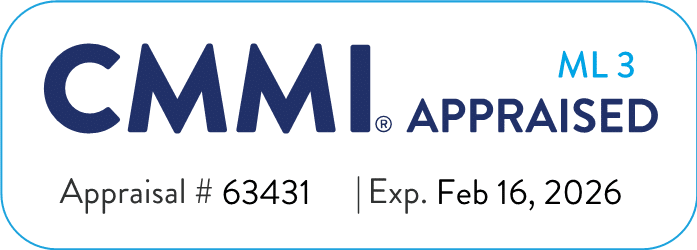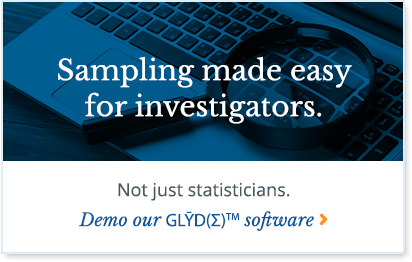Did you know that Medicare and Medicaid, established in 1965 under President Lyndon B. Johnson, have profoundly influenced public health in the United States? Initially designed to provide health insurance…
Medicaid
We offer solutions…
We offer solutions as a trusted & reliable program integrity partner. With 30+ years of proven expertise, we deliver successful results for government agencies like CMS and the commercial sector….
Improper Payments Elimination and Recovery Act: Identifying and Reducing Improper Payments
Each year, the Federal Government makes billions of dollars in improper payments. Improper payments can take the form of overpayments, payments to the wrong person, or payments for the wrong…
Network Adequacy: Meeting Requirements and the Impact of the ACA
The Affordable Care Act directed the Secretary of Health and Human Services to establish criteria for certification of qualified health plans, to include (1) ensuring a sufficient choice of providers…
Medicaid Health Homes Program Operation
Section 2703 of the Affordable Care Act created an optional Medicaid State Plan benefit – Health Homes – to coordinate care for individuals who have Medicaid and have: 2 or…
Medicaid Encounter Data Problems Continue
In May 2009, the U.S. Department of Health and Human Services Office of Inspector General (OIG) released a report regarding Medicaid managed care encounter data. The OIG found all 40 States…
Ambulance Billing Fraud and False Claims
Medicare ambulance claims, just like everything involved with Medicare, must meet certain requirements to be considered valid ambulance transport claims. The main factor is the transport must be considered “medically…
Medicaid Dental Fraud, Waste and Abuse Reporting
OIG has just released the last in a series of four Medicaid dental fraud reports. The reports identified dentists and orthodontists with questionable billing practices in New York, Louisiana, Indiana,…











